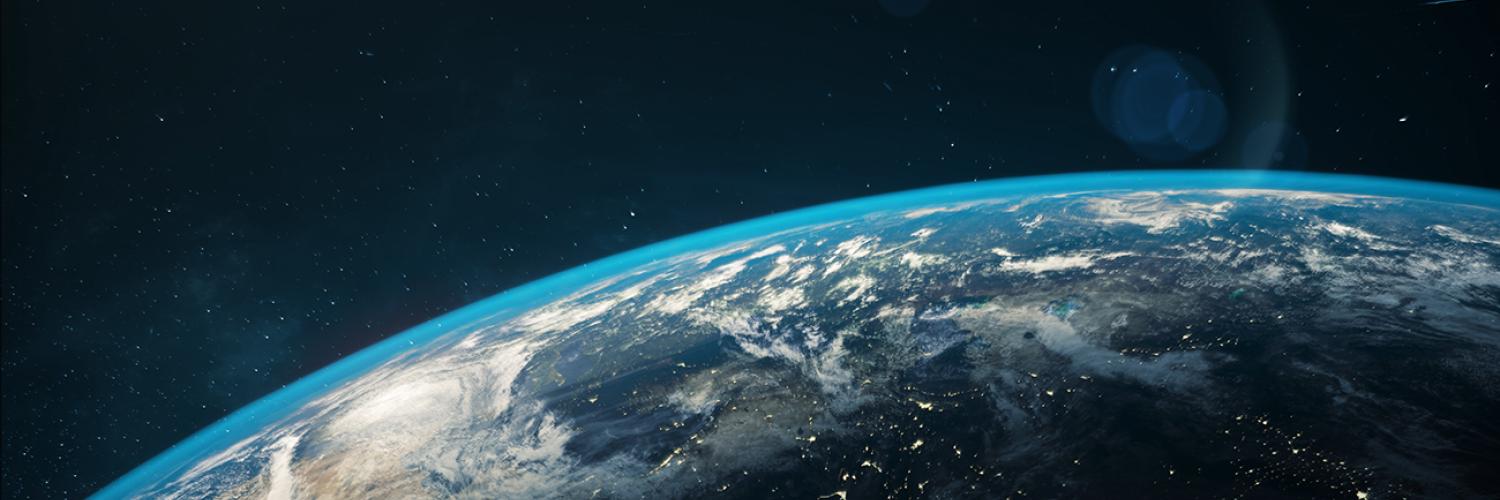The global space sector is undergoing profound changes. Some of these changes are technological (e.g. the integration of AI and blockchains). Other, more fundamental changes are political, social, and economic. The number of nations entering space has grown rapidly. Among the recent entrants are states such as North Korea that seek to militarize space in ways that could disrupt the international order. But perhaps most transformatively, the number of relevant private actors has grown significantly.
Today, large companies perform the functions of the traditionally dominant states. For example, NASA has effectively delegated crew and cargo delivery to the American aerospace company SpaceX. In short, space is no longer the preserve of large states or only of states. Other players are entering the domain and even superseding states in traditional areas of space activity, while opening up new realms of scientific exploration and commercial endeavour. Yet the global governance regime for space affairs is behind the time; it remains largely unchanged over the last several decades.
No new international treaty has been signed since 1967. Relevant multilateral bodies remain largely state centric. Global, regional, and national regulatory frameworks reflect governments’ traditional dominance of the sector. Few systematic research projects have explored the intersection between the concurrent technological and social revolutions in the space sector from a social science perspective. Such a perspective matters beyond academia: the emerging challenges of space governance are not exclusively or even primarily technological; they are also eminently political, social, and institutional.
Our initial discussions with officials at UKSA and the European Space Agency (ESA) reveal much confusion about and interest in elucidating governance challenges associated with new industry players, technological change, as well as outmoded institutions and regulatory frameworks. We propose to host a workshop in collaboration with UKSA to design a research agenda for such a project. The event will build on the success of the 2019 "Future Skies" event, but with a narrower focus on governance.
The project team members combine a number of social science perspectives that are relevant to the study of global space governance. Lucas Kello (PI) brings expertise on the implications of technological revolution for international order. He has developing conceptual frameworks of technology governance to guide scholars and practitioners working on technological issues such as cybersecurity and space security. He convened and chaired the “Future Skies” Workshop in 2019. Richard Caplan (Co-I) offers knowledge and insights on international organization – in particular the United Nations, which in the form of the UN Office for Outer Space Affairs (UNOOSA) plays an important role in global space governance. As an economic sociologist who views markets as political and culture institutions, Marc Ventresca (Co-I) provides expertise on network and market formation, particularly in settings of technological innovation, and their associated regulatory challenges.






